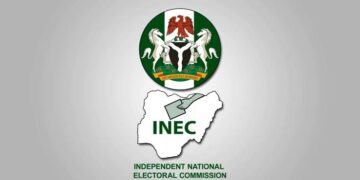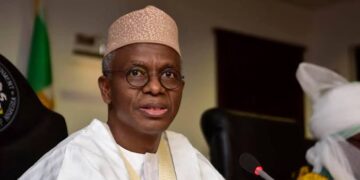The International Monetary Fund (IMF) has recommended that Nigeria increase its tax revenue base to strengthen its fiscal policy and address ongoing economic hardships.
IMF Managing Director Kristalina Georgieva made this call during a news conference in Washington, D.C., on the sidelines of the 2025 IMF Spring Meeting.
Georgieva pointed out that, like other African nations, Nigeria must deploy advanced technologies and tackle widespread tax evasion to increase its tax revenue base. The IMF boss stressed that falling oil prices have further strained the budgets of oil-dependent countries such as Nigeria, creating additional fiscal pressures.
On monetary policy, Georgieva emphasized the need for African nations to focus on addressing corruption, promoting transparency, and implementing policies suited to their specific economic realities.
“We can no longer simply mirror the policies of neighboring countries. Each nation must carefully assess its domestic resource mobilization and inflationary pressures to determine the right course of action,” she explained.
READ ALSO, Rivers Sole Administrator Finally Appears Before Reps Committee
Further, she advised African nations to deepen regional trade by removing obstacles that hinder cross-border economic activities. Drawing inspiration from the success of the Association of South-East Asian Nations (ASEAN), Georgieva called for stronger intra-regional trade cooperation and the elimination of infrastructure barriers that limit growth and development.
“Africa has significant potential, with its vast natural resources, minerals, and young population,” she added, urging Nigeria, Egypt, Ghana, and Côte d’Ivoire to continue building their economic resilience and strengthening their financial buffers.
READ ALSO, First Lady calls for recommitment in fight against malaria
Georgieva also discussed the indirect impact of global tariffs on African economies, stressing that while tariffs may not directly affect the continent, their indirect effects on slow global growth are still significant.
Her recommendations, she concluded, highlighted the importance of a unified and collaborative African continent, capable of becoming an economic powerhouse on the global stage.


































